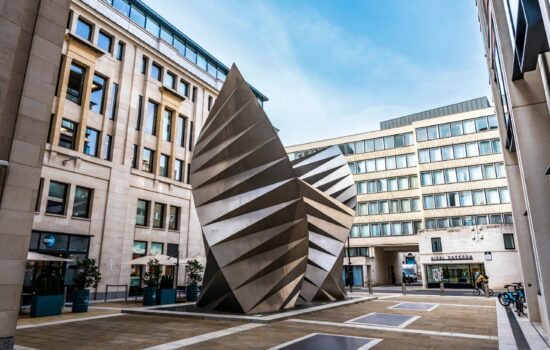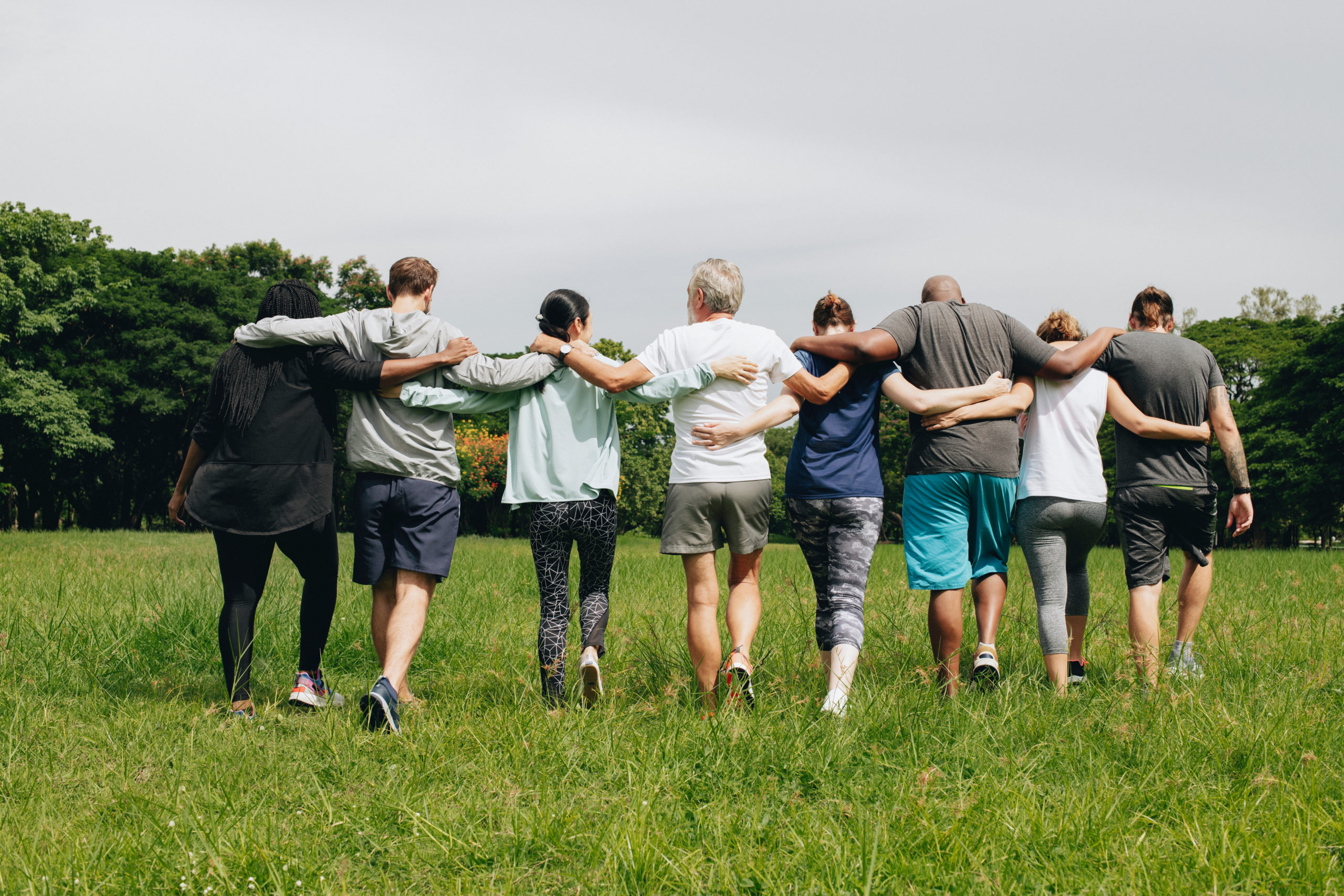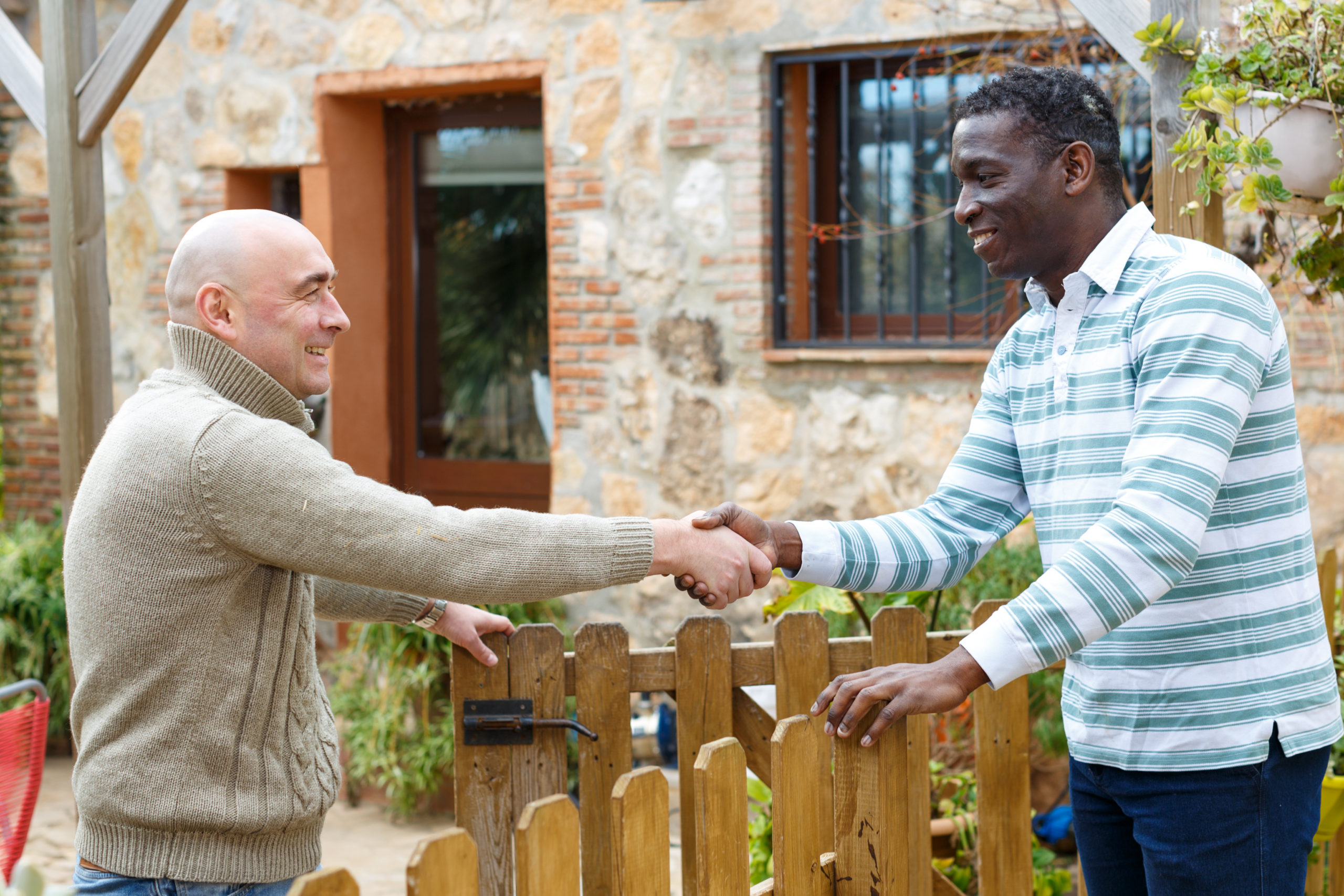
What is mediation and how can it help me?
Mediation helps those in dispute communicate about the issues of concern to them, and helps participants find solutions that are acceptable to everybody involved.
How does mediation work?
Parties in dispute try to negotiate an agreeable settlement with the help of an impartial third person, who mediates between them. The mediator assists the parties through a discussion process with the objective of helping them find that settlement at the end.
Prevent misunderstanding escalating into costly disputes. Mediators can work with you to to help navigate through interpersonal conflict between individuals or within a team.
Community
Mediators quickly and constructively address disputes involving neighbours, family members, young people, or groups of people where each side is willing to participate.
Civil & Commercial
Dispute resolution can successfully settle issues such as; contractual infringements, defamation, copyright and intellectual property rights and much more.
Education
Mediation can help parents, young people and local authorities reach agreements. These can be between young people themselves through peer mediation or about arrangements for those with special educational needs.
Family
Helping families in conflict, especially those divorcing or separating. It reduces conflict, and your family stays in control of arrangements over children, property and finance.

What is the CMC?
The CMC is a charity that aims to promote the resolution of conflicts and disputes by encouraging the use of mediation and other dispute resolution techniques and methods and to advance the education of the public in matters related to this.
We are the recognised authority in the country for all matters related to civil, commercial, workplace and other non-family mediation cases.
Latest News


Reinforcing and Developing Resilience

Success Stories
No matter the dispute, we want to help you come to an agreement. So here is some of our many success stories of resolution through mediation.

Find a Mediator
Welcome to the Civil Mediation Council’s search facility where you can find professional mediators. All mediators listed here have completed recognised training courses, abide by a recognised Code of Practice, are appropriately insured, undertake annual continuous professional development and offer access to a complaints service if necessary, and so will provide you with an assured dispute resolution service.

